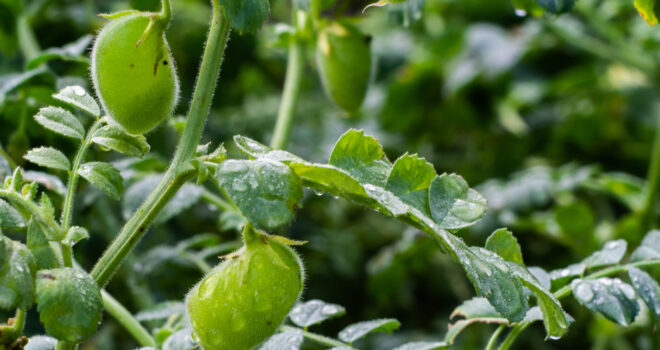Environmental change may significantly reduce global production of vegetables and pulses, thus threatening global agriculture, food security and health. A new study highlights urgent action to be taken.
Since 1st August, our planet has been living on credit. In other words, humanity has already used up all the resources the planet could provide in 2018. In 1970, this “overshoot day” was on 23rd December. The fateful date is advancing inexorably, with our resources depleting more and more every year.
The environmental changes that threaten food systems are part of the problem. A new study carried out by the London School of Hygiene & Tropical Medicine evaluated the impact of these changes which affect the environment on the production of vegetables and pulses, as well as their nutritional quality. It also put forward some ways to remedy the situation.
Health in danger
Climate change, the thinning of the ozone layer, the accumulation of salt in the soil and the loss of biodiversity and reserves of freshwater are environmental challenges that global agriculture needs to face. It is expected that these changes will lower yields of vegetables and pulses, and thus their availability at the global level. This could affect their consumption in the medium to long term, which would have a significant negative impact on global health. Vegetables and pulses are essential elements of a balanced, sustainable and healthy diet. Increased consumption of vegetables and pulses provides well-documented benefits, and is a widely pursued nutritional objective.
Concrete solutions
That is why urgent action is required, so that we can continue to benefit from vegetables and pulses. According to the researchers, innovations aiming at improving agricultural production are vital to increase the resilience of food systems in the face of environmental changes. This necessitates the development of new types of food systems and improvements in management and mechanisation. The development of the agricultural sector must be a priority for all governments across the world.



 Millet
Millet  Artichoke
Artichoke  Vegetable garden: growing watercress
Vegetable garden: growing watercress 









